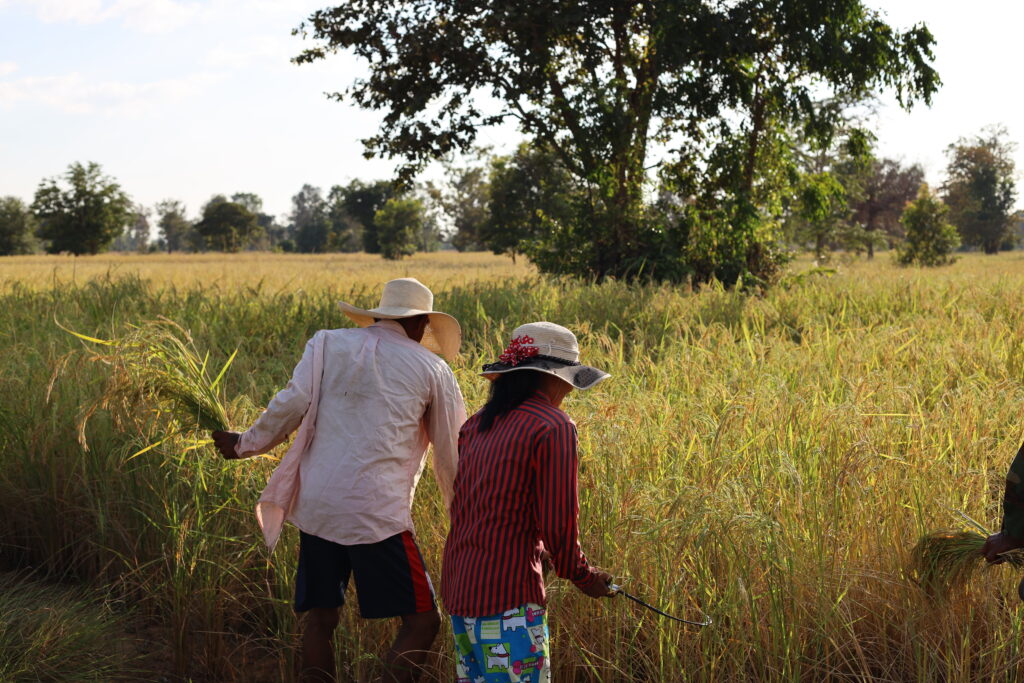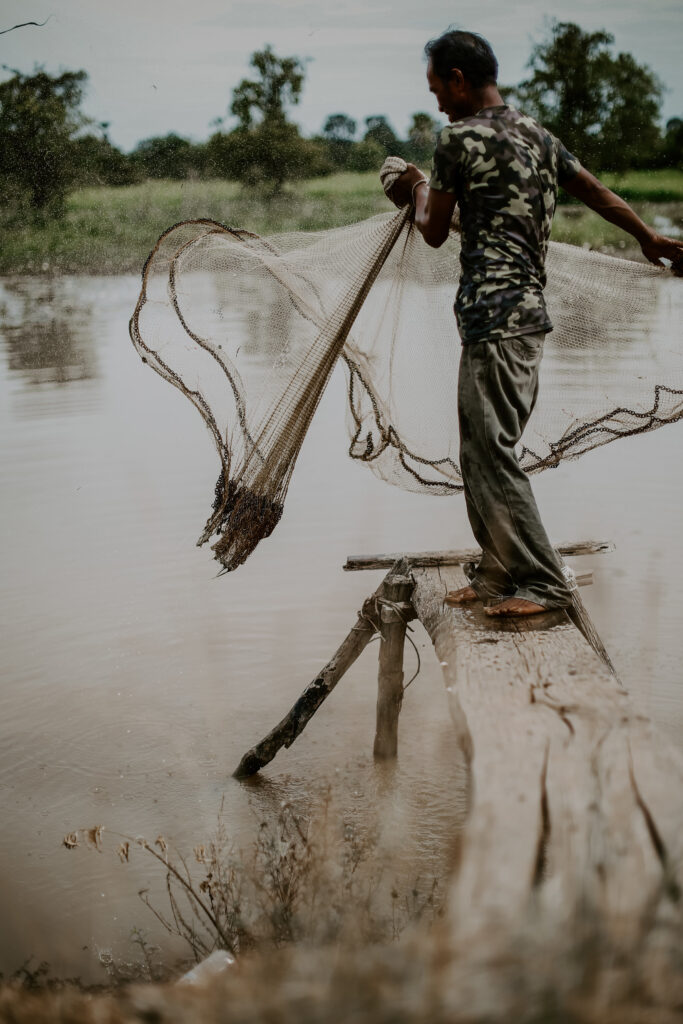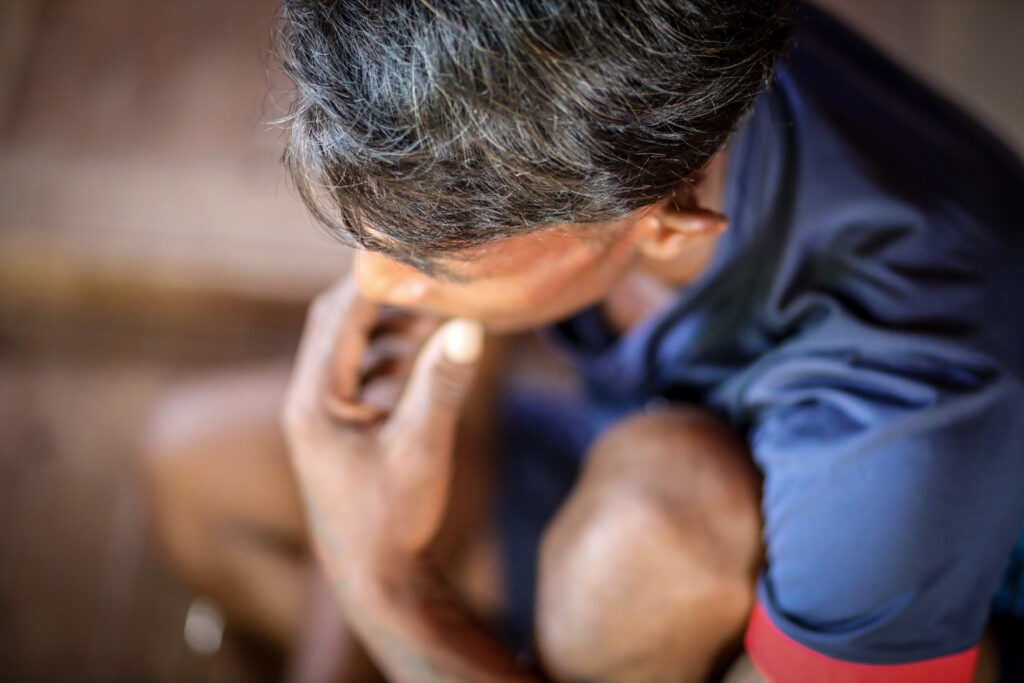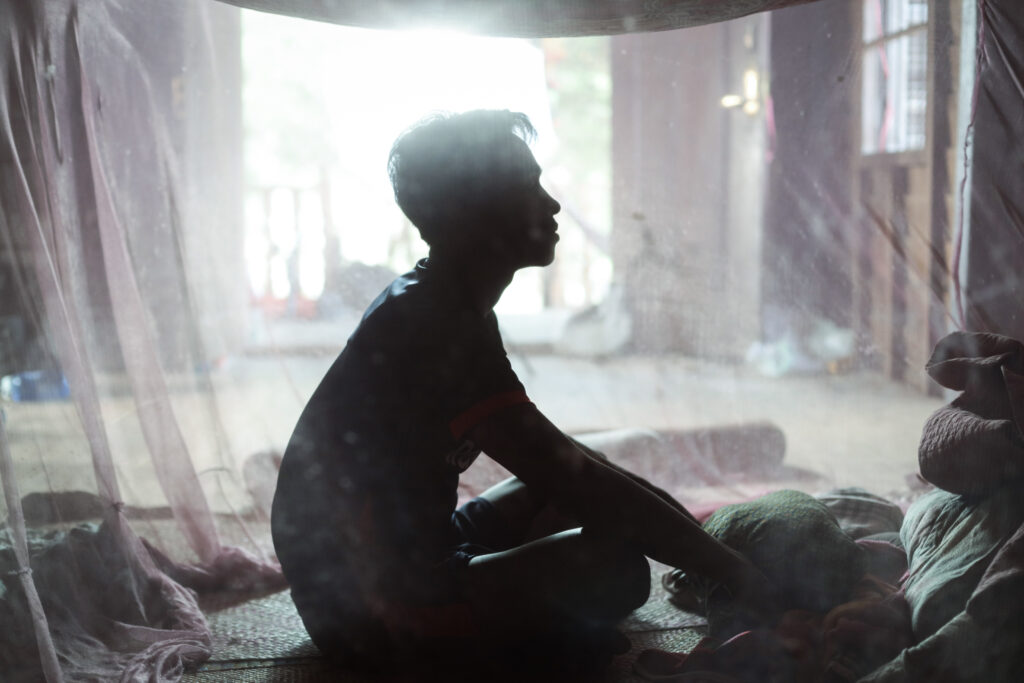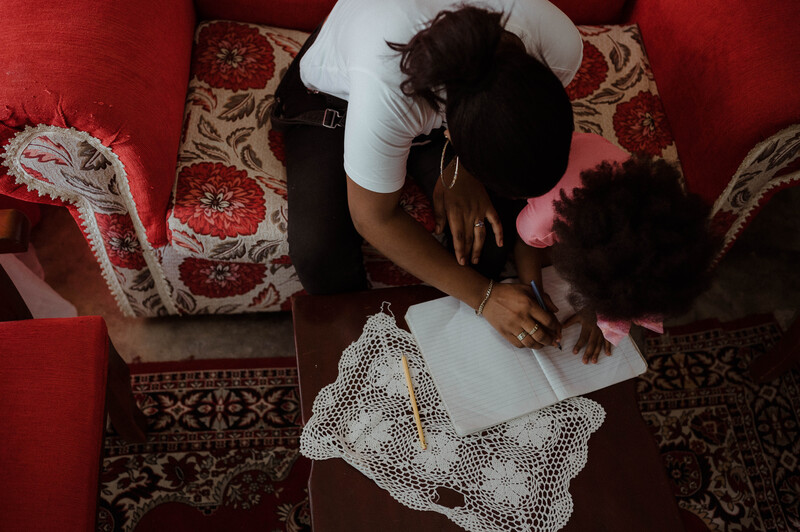Asia-Pacific
Who caught your Easter seafood?
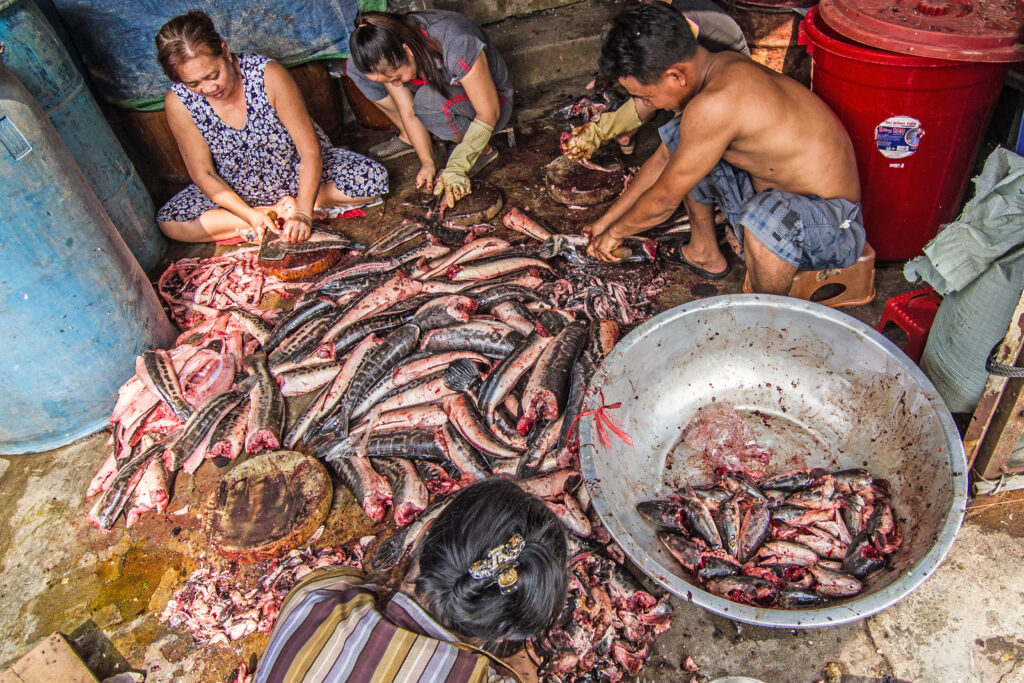
On Good Friday, many Australians observe the custom of eating fish and seafood instead of meat. Common among Catholics in particular and Christians more broadly, this practice is an integral part of the Lent fasting tradition.
Yet seafood supply chains carry a high risk of slavery.
The facts: Slavery and seafood
• Almost all canned tuna sold in Australia is sourced from Thailand.[1]
• Thailand has a high population of migrant workers from poorer neighbouring countries like Myanmar and Cambodia, who are vulnerable to labour trafficking and exploitation. IJM’s 2017 study found a majority of them are trapped in debt bondage, with 76 percent unable to leave until their debts are paid.
• Trafficked workers on boats are forced to work 16+ hour days for little to no pay, enduring constant physical and emotional violence. They are separated from their families and many do not see dry land for months or even years.
• The Thai fishing industry is worth US$5.8 billion in exports, making it the third largest in the world.
• IJM recently assisted Thai authorities with the arrest and prosecution of 7 traffickers, including a local politician – read the story here.
GIVE THIS EASTER TO HELP END SLAVERY
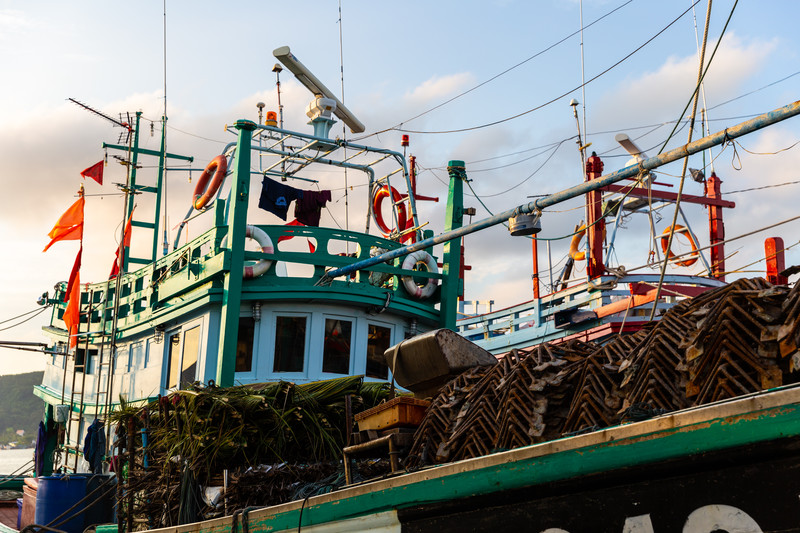
The story: Father and son, deceived and enslaved
It was only when they reached Thailand and put him on a boat that Dom* realised the recruiter had sold him into slavery. He would not see his family for another six years.
Life at sea could barely be called life. Dom was forced to work long days hauling heavy nets of seafood, getting only 2-3 hours of sleep even when sick. He endured beatings and saw other fishermen thrown into the sea. The captain had his documentation and carried a gun so there was no hope of escape.
Rescue came in the form of Indonesian authorities who found the boat illegally fishing in their waters. Dom was repatriated to Cambodia, only to find his eldest son, Vith*, was gone.
After selling the father, the recruiter had returned to the village shortly after to sell the son in exactly the same way.
Dom was devastated he wasn’t able to warn his family.
Vith’s story was a repeat of his father’s horror story – from being trapped on a fishing boat for six years, forced to work in inhumane conditions, before his eventual repatriation.
IJM met this father and son after their return, while investigating labour trafficking with the Cambodian government. We referred Vith to our aftercare partner for counselling, vocational training and housing assistance.
We also worked with authorities to seek justice through the courts for this family and others.
To date, Dom and Vith’s recruiter and eight other traffickers have been convicted in Cambodia, plus one in Thailand with cases against other suspects pending.
“The law inspired me to testify,” says Dom of his milestone experience giving evidence in court. He was proud to stand up for his rights: “I wasn’t afraid of the law. I was following the law.”
*Pseudonyms have been used for the protection of these survivors.
Your choice this Easter
While ten traffickers in this criminal ring have been convicted, many others remain at large. And thousands like Dom and Vith remain enslaved at sea.
IJM’s teams in Cambodia, Myanmar, Thailand and recently Malaysia, are working through Southeast Asia to end forced labour, especially in the Thai fishing industry. Your support keeps them on the frontlines to bring rescue and justice to people in slavery.
